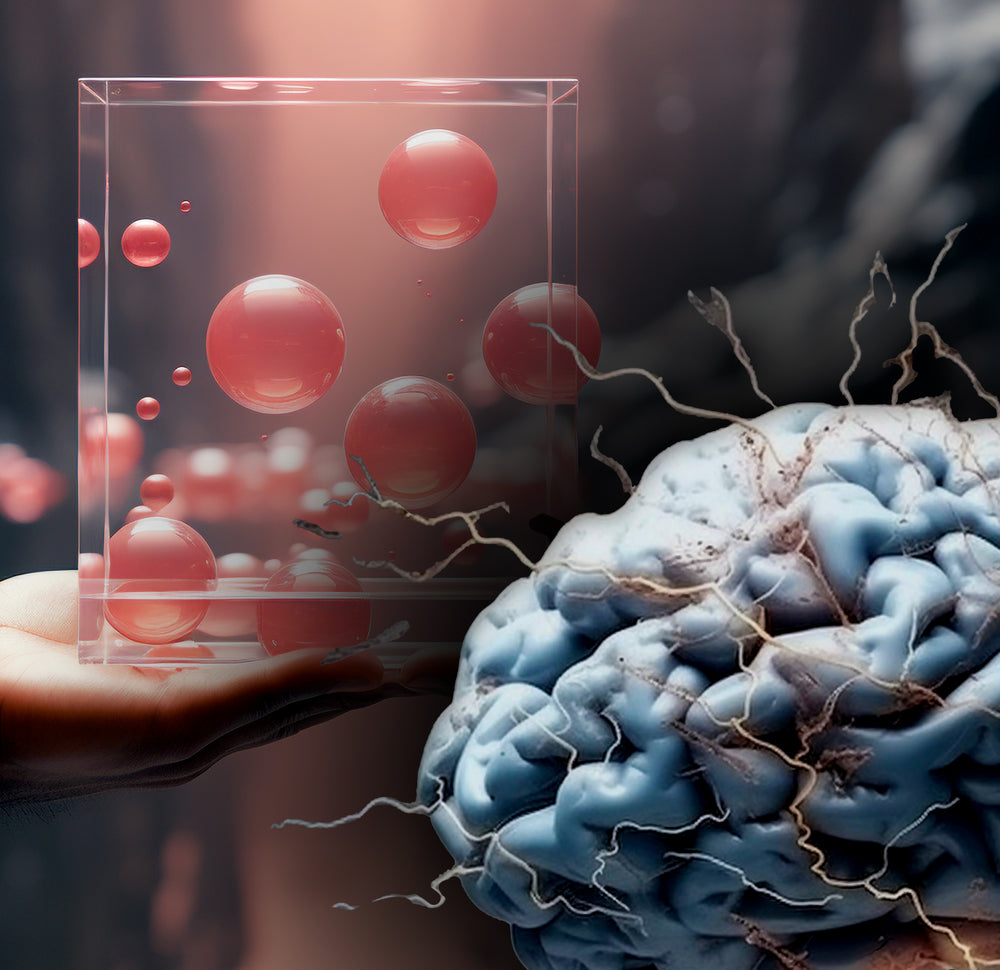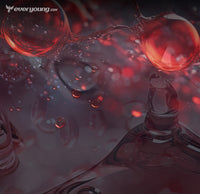4. Learning new information
When comparing the concepts of deep work and flow state, particularly in learning new information or skills, deep work often presents as the more effective strategy (at least per our empirical experience at Everyoung.com Research Centre. Additionally, this assertion is grounded in several key aspects related to cognitive processes, environmental structuring, and neurobiological underpinnings.
Cognitive Effort and Active Engagement
Deep work necessitates a high degree of cognitive effort and active engagement with the material or skill being learned. This intense focus forces the brain to process and synthesize information more deeply, leading to better understanding and retention. The deliberate practice associated with deep work aligns with the principles of desirable difficulties, a concept in cognitive psychology that suggests learning is enhanced when the task demands effortful processing. This kind of effort not only aids in forming more substantial memory traces but also facilitates the development of expert performance over time.
Structured Learning Environment
Deep work advocates for a structured approach to tasks, including learning. Individuals can create an optimal learning environment that promotes the deep cognitive processing necessary to acquire complex skills and information by minimizing distractions and allocating specific blocks of time to focus solely on the task at hand. This structured approach contrasts with the more spontaneous nature of flow states, which, while beneficial for creativity and problem-solving, may only sometimes provide the rigorous framework needed for mastering challenging material.
Neuroplasticity and Cognitive Challenge
From a neurobiological perspective, the demands of deep work on the brain can lead to increased neuroplasticity - the brain's ability to form and reorganize synaptic connections in response to learning and experience. The challenges presented by deep work tasks require the brain to adapt, strengthening pathways associated with the new skills or information being learned. This process is critical for long-term learning and memory consolidation.
Feedback and Correction
Learning new things effectively often involves trial and error, requiring immediate feedback and the opportunity for correction. Deep work sessions focus on detailed feedback mechanisms essential for refining skills and correcting misunderstandings. The immersive nature of deep work enables learners to quickly identify and address errors, facilitating more effective learning strategies and adjustments.
Metacognitive Strategies
Another important aspect is that deep work encourages the use of metacognitive strategies—thinking about one's own learning process. This self-reflective approach allows students of Everyoung Health Method to assess their understanding, identify gaps in their knowledge, and adjust their learning strategies accordingly. By fostering a more conscious and deliberate approach to learning, deep work enhances the learner's ability to integrate new information with existing knowledge, promoting deeper comprehension and skill acquisition.
Therefore, while the flow state offers numerous benefits for engagement and satisfaction in activities, deep work provides a structured, effortful, and feedback-oriented approach that is particularly conducive to the effective learning of new information or skills. The intensity and focus demanded by deep work align with the cognitive and neurobiological processes that underpin successful learning, making it a superior strategy for those seeking to maximize their educational outcomes and professional development in the complex fields of biomedical sciences, metabolism, mewing yoga, physical training, and beyond.







